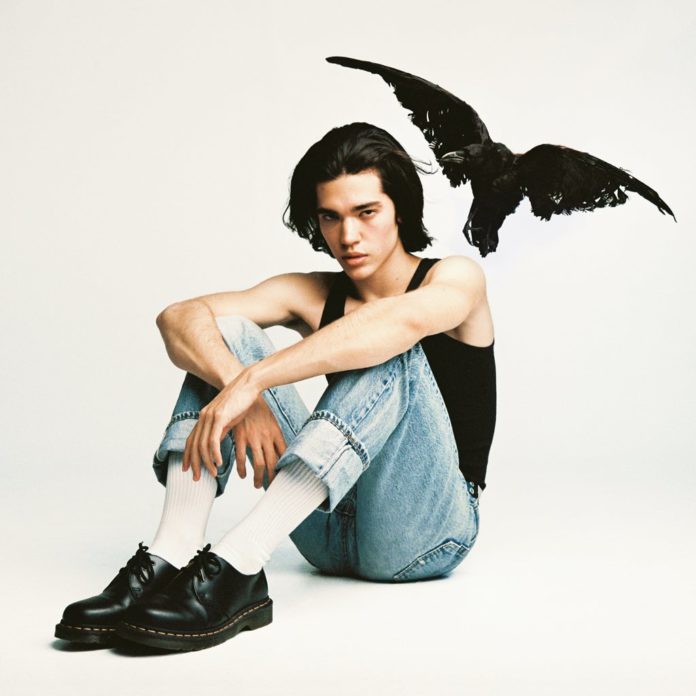Conan Gray captures mood of isolation in his debut album “Kid Krow”
3 min read
Kid Krow was released on Friday, March 20. (Spetacolo.periodicodaily.com)
by DALEY JENNINGS
Staff Writer
In the midst of campus shutting down and stay-at-home orders implemented across the country, entertainment has become almost as vital as drinking water or electricity. The perfect soundtrack for this isolation comes in the form of Conan Gray’s debut album “Kid Krow,” released on March 20.
The album opens with Gray’s signature soft singing voice in “Comfort Crowd,” where he laments about needing company without really feeling the connection of a true friend, an idea which he returns to in “Can We Be Friends” and “Wish You Were Sober.” This theme of feeling isolated carries through the album, almost as if he was aware that he would be releasing the album in a time of social distancing.
Gray is well-known as an avid Taylor Swift fan, stating many times that he was “raised on her music” and that her influence is strongest in his lyrics and how he has a very controlled sense of narrative in his songs. This can specifically be noticed in the fastest songs on his album, “Wish You Were Sober,” “Maniac” and “Checkmate.” While his two singles “Maniac” and “Checkmate” do rupture the fluency of his other songs, they still follow the narrative of a young person driven a little crazy by being unaware of where you stand with someone in a complicated relationship status.
Gray toes the line of being personal enough in his writing to let his listeners into some of his deepest emotions, without making it so personal that it’s inaccessible to a casual listener that hasn’t followed his journey from aesthetic YouTuber to potential pop prince.
As a young person surrounded by men in pop music breaking the masculine mold, in “Heather,” he unabashedly laments about the heartbreak of his love interest being interested in another girl. The song “Heather” is a break in the somewhat more universal feelings that pass when maturity sets in, but it can be forgiven as he is just coming into his voice as a musician.
Gray is another refreshing voice of a man growing up not being afraid to communicate what his emotions are, even if they are more traditionally feminine, as he has referred to himself as “girly boy” in the past.
Arguably the two most emotional songs are the last on the album, “Little League” and “The Story,” seeming to be set a time length apart. “Little League” is about realizing that the time of childhood is running out while it’s happening and “The Story” is reminiscing about old friends when he’s already spent a healthy length of time away from them. He manages to capture the feelings of any adult who feels this way, despite his young age.
In “Affluenza” he once again addresses the feeling of isolation, only this time placing it on the effect that money has on those around him. He laments that the kids around him have “affluenza,” replacing actual happiness with what money can buy them. While it’s a personal experience to him, it once again taps into a societal idea of wealthier people lacking empathy.
Whether it be because of social media-only connection, guilt because of wealth or leaving your childhood behind like Gray has from moving to college, he proves that even as a teenager, the feeling of isolation is universal for people of all ages. The album is a great listen for people leaving high school or college and feeling nostalgic, or feeling like they’re being driven insane by someone who refuses to clearly label their relationship.


